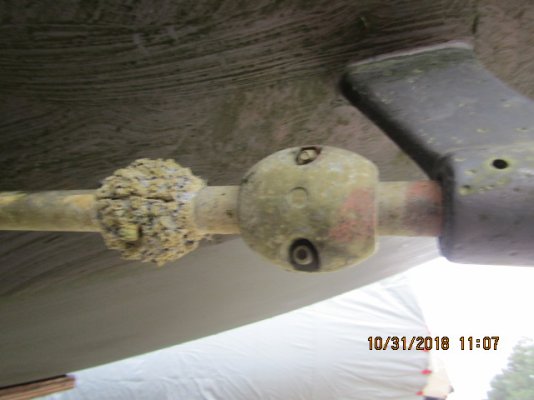I intend to flush the engine and genset raw cooling systems with fresh water when I leave the boat, and when it is hauled. Since the systems are still flooded, it would seem like the zinc pencil anodes would be ineffective. Many pundits are now recommending aluminum as the best choice for both salt and fresh, so it seemed like changing everything over to aluminum would solve the problem - but I'm having a hard time finding aluminum (no time to mail order).
Perhaps a further complication is I will winterize using pink antifreeze. This is supposed to have some corrosion inhibiters in it, hard to know what they do. I think most everyone who winterizes in salt water country just leaved the zincs in.
Any experts out there want to chime in?
Perhaps a further complication is I will winterize using pink antifreeze. This is supposed to have some corrosion inhibiters in it, hard to know what they do. I think most everyone who winterizes in salt water country just leaved the zincs in.
Any experts out there want to chime in?


